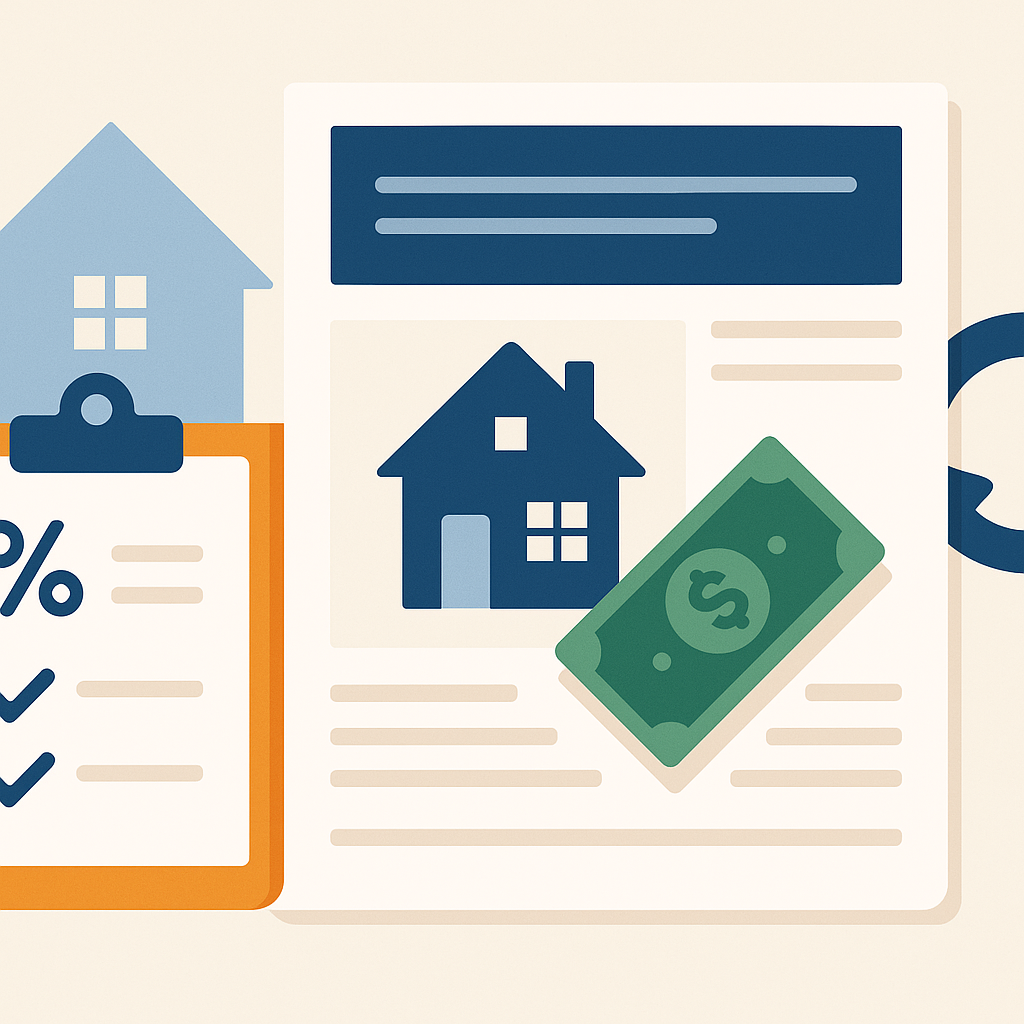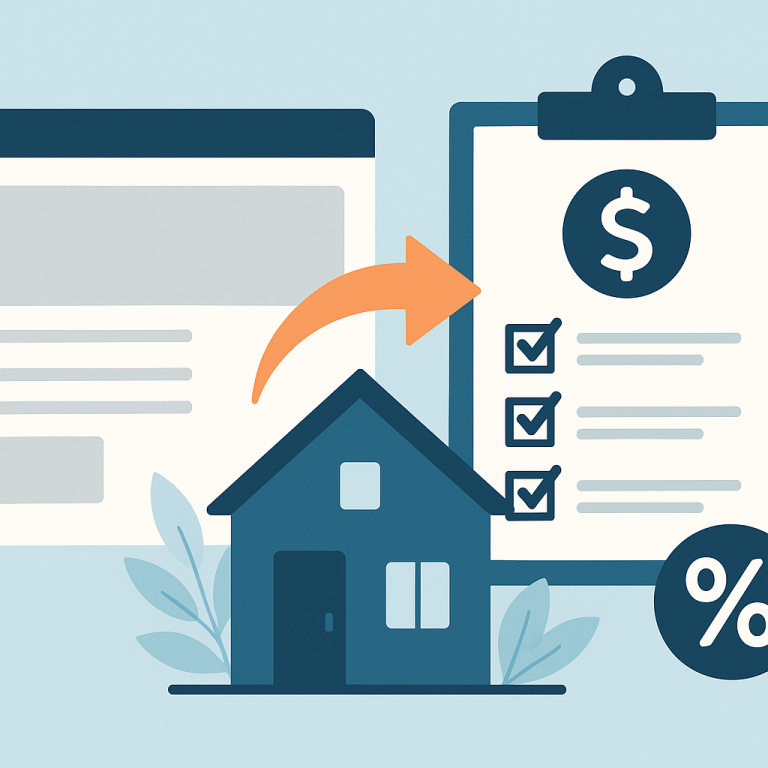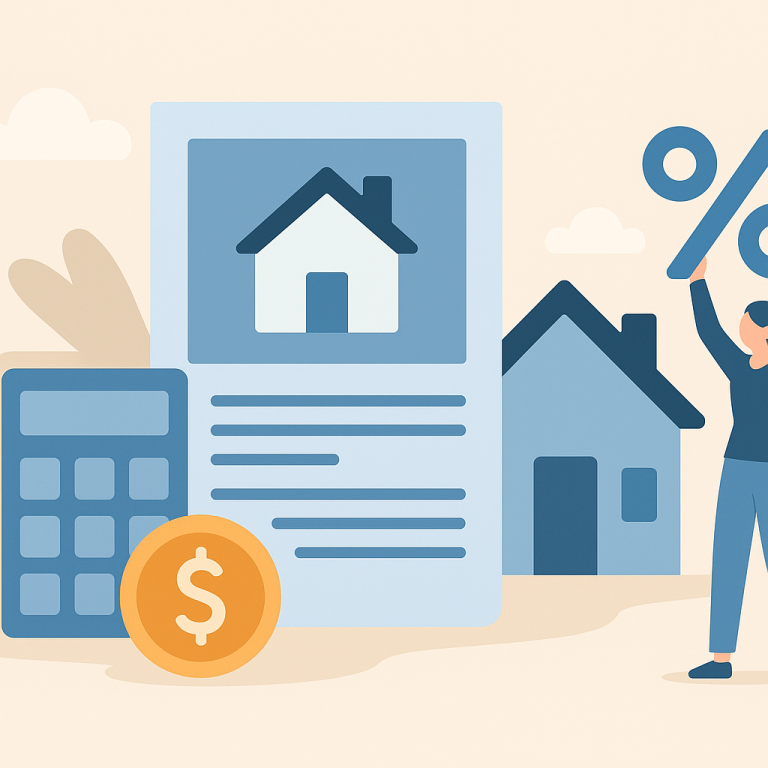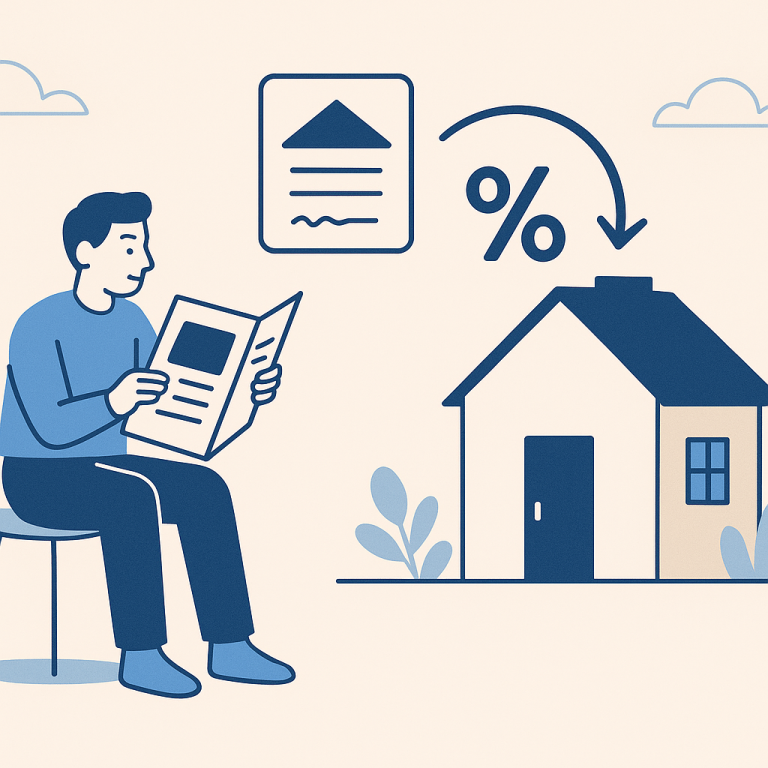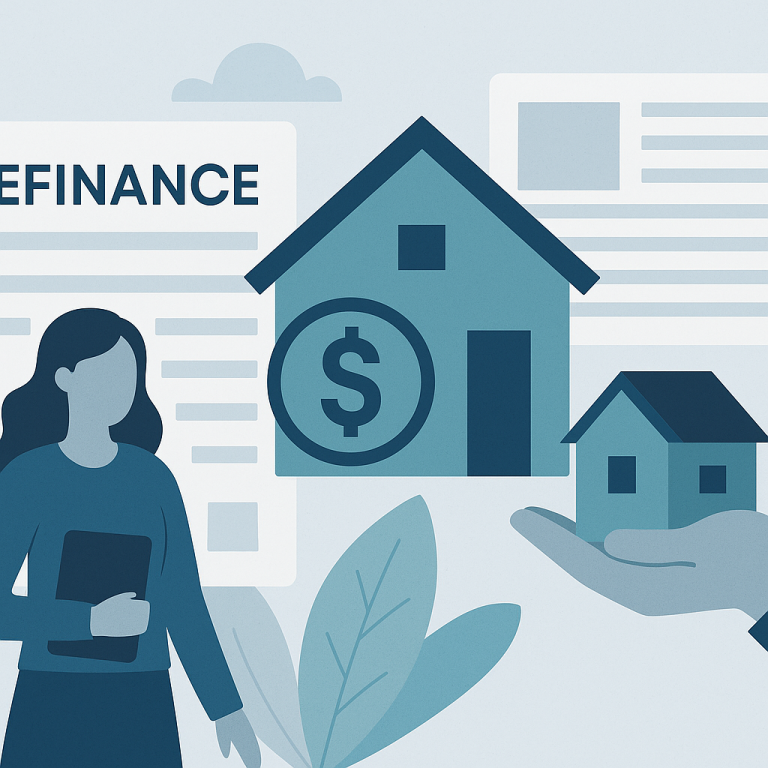Mortgage Rates Fall 0.25%: Refinance Applications Jump 18% Week-Over-Week
Refinancing Shifts Toward Shorter Terms as Rates Moderate
Homeowners considering a mortgage refinance are increasingly focusing on shortening loan terms rather than pursuing cash-out options, industry observers report. After a period of rate volatility, borrowing costs have moderated enough that borrowers with significant equity see an opportunity to reduce the total interest they pay over the life of the loan while keeping monthly payments manageable.
Lenders say inquiries for 15- and 20-year refinances have risen relative to requests for larger cash-out balances. The shift reflects a combination of factors: many owners have built equity during recent years, refinancing costs remain a consideration, and borrowers are weighing long-term savings more heavily than immediate liquidity. For those who can afford slightly higher monthly payments, shortening the term can accelerate principal repayment and cut interest costs.
That said, refinancing is not a universal benefit. Closing costs, remaining time on the current mortgage, and personal cash-flow needs determine whether switching to a shorter term makes financial sense. Homeowners who plan to move soon, or who need funds for renovations or debt consolidation, may find other options more suitable. Conversely, long-term residents with stable income and sufficient reserves often reap the largest lifetime savings from a term reduction.
What Homeowners Should Evaluate
Before committing to a refinance aimed at shortening the term, homeowners should review several key factors. First, calculate the break-even point — the time it will take for monthly savings or interest reduction to offset closing costs. If the break-even horizon is longer than the expected time in the home, refinancing may not be advantageous.
Second, compare the new loan’s APR and total interest across different term options rather than focusing on the nominal rate alone. A lower rate on a longer term can still lead to higher lifetime interest. Third, assess liquidity needs: tapping into home equity via a cash-out refinance reduces principal payoff and may lengthen the time to build equity.
Other practical checks include verifying whether the existing mortgage has a prepayment penalty, confirming eligibility based on credit profile and income documentation, and estimating monthly payment changes under different scenarios. Borrowers should also consider the tax implications of refinancing, in particular how deductions for mortgage interest may change.
Execution Tips and Market Considerations
To maximize the value of a refinancing decision, homeowners should shop multiple lenders and request loan estimates to compare costs objectively. Locking a rate may protect against short-term volatility, but locks carry their own rules and potential fees. For borrowers close to paying off their current mortgage, it may make sense to request quotes for minimal-fee refinance options or rate-and-term modifications.
Given ongoing market unpredictability, timing is less important than clarity about financial goals. Homeowners prioritizing debt reduction and long-term interest savings should model different refinance scenarios and focus on total cost over time rather than month-to-month fluctuations in advertised rates.
Homeowner Takeaways
- Refinancing to a shorter term can substantially reduce lifetime interest if you plan to stay in the home and can afford higher monthly payments.
- Calculate the break-even point to determine whether the refinance covers closing costs within your expected ownership period.
- Compare APR and total interest across term lengths, not just the headline rate.
- Maintain liquidity needs and avoid unnecessary cash-out if your goal is principal reduction.
- Shop multiple lenders and review loan estimates carefully; consider rate locks only after weighing their conditions.
META: refinancing-shorter-terms-homeowner-takeaways

